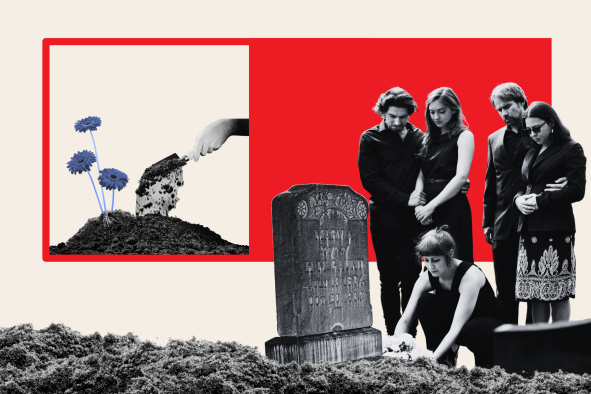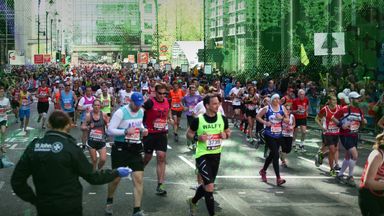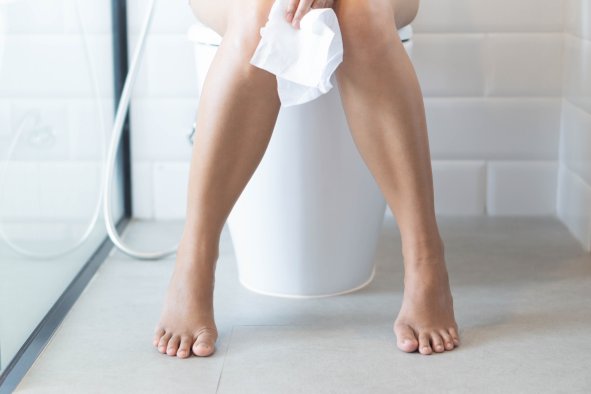You might be getting more sleep than you think.
We all know that sleep is essential for our mental and physical wellbeing. And yet, one in three adults in the U.S. report not getting enough of it, according to the U.S. Centers for Disease Control and Prevention.
In the short term, not getting enough sleep can take a toll on our attention span, judgment, emotions and cognitive function. But over time, chronic sleep deprivation can contribute to heart disease, obesity, neurodegenerative disorders and depression.
The simple advice would be "go to bed earlier." But for many of us, an early night just means more time tossing and turning. Indeed, according to the American Medical Association, about 30 million Americans live with insomnia. The good news is that, even if it feels like you spend half the night staring at the ceiling, you might actually be getting more sleep than you think.
In a new study from the University of Montréal, researchers analyzed 20 "good sleepers" to see how they perceived their own sleep quality based on their dreams.
"Dreams are not studied a lot in the context of sleep quality," Claudia Picard-Deland, who led the study, said in a statement. "The focus is more often on objective measures like brain activity or sleep stage, but I think we need to look closer at dream activity and its impact on how we perceive sleep."
In their unpublished study, Picard-Deland and her team woke each participant 12 times during the night and asked them whether they had been awake or asleep, how deeply they had been sleeping, what was last on their minds and how immersed they had felt in their dreams. At the same time, the researchers measured their brain activity to determine whether they were actually asleep and where they were in their sleep cycle.
Surprisingly, the participants frequently reported that they had been awake when they were in fact sleeping. This was especially common during the early, dreamless phases of the sleep cycle.
As someone who has suffered with insomnia throughout her life, Picard-Deland said that research like this was crucial to reassure fellow insomnia sufferers. "It helped me to see it with my own eyes, happening in front of me, that participants were sleeping yet still felt awake," she said.
Beyond that, the team hope that their work may lay the foundations for sleep rehabilitation and dream training to support better perceived sleep quality.
Their results will be presented at the annual meeting of the Cognitive Neuroscience Society (CNS) in Toronto on April 14.
Is there a health problem that's worrying you? Let us know via health@newsweek.com. We can ask experts for advice, and your story could be featured on Newsweek.
Disclaimer: The copyright of this article belongs to the original author. Reposting this article is solely for the purpose of information dissemination and does not constitute any investment advice. If there is any infringement, please contact us immediately. We will make corrections or deletions as necessary. Thank you.



